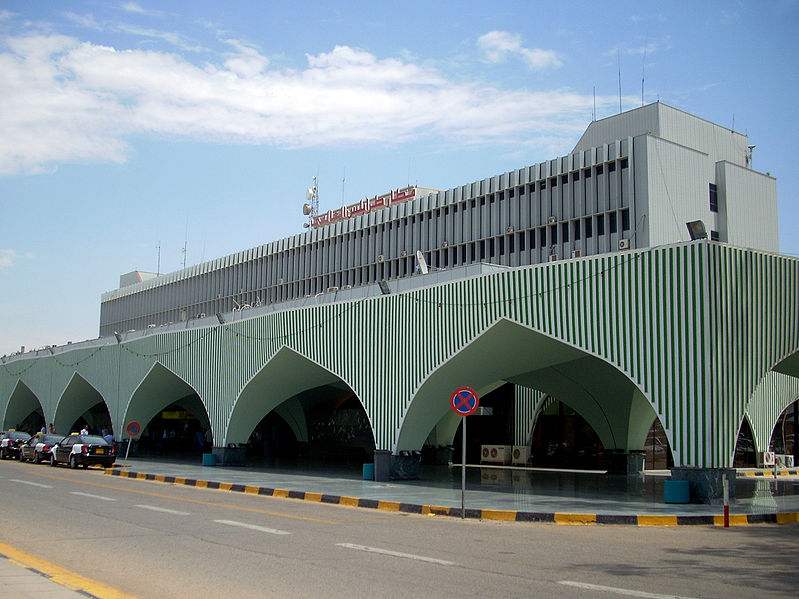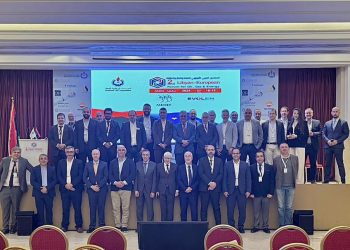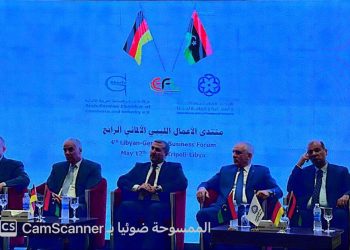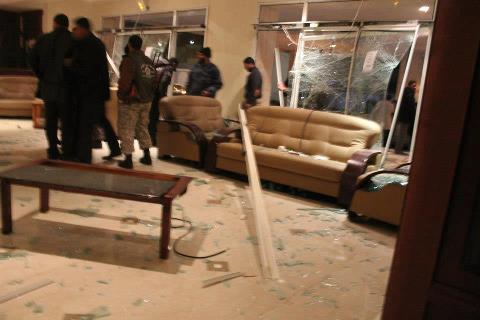Tripoli, 12 February 2013:
The Dutch Libyan Cooperation Council (DLCC), a private sector organisation based in the Netherlands, is seeking to organise . . .[restrict]international support for the Libyan government, by drawing up a master plan to solve at least the two most urgent problems, security and stability as well as healthcare.
The chairman of the DLCC, Herman Klijnsma, argues that the disturbing reports about Libya’s worsening security situation, frightens off many investors in the Netherlands and other EU countries from doing business in Libya. The recent urgent advice British, Dutch and German officials gave their citizens to leave Benghazi reinforced public opinion in the Netherlands and elsewhere in the EU that it was better to stay away from Libya, said Klijnsma.
He told the Libya Herald that while he agreed this was understandable, he strongly believe that now, of all times, international business leaders and politicians should “rally around’” Prime Minister Zeidan’s government and give it hands-on support to help Libya develop into an exemplary safe and stable democratic state in the region.
“Turning away our heads away and accepting the risk of Libya falling apart is no option”, said Klijnsma, ““There are security challenges in Libya, but the answer is not to stay away, but to come and work on them”.
Klijnsma welcomed as a good example of what the international community can do, the recent EU Council of Ministers decision to set up a new civilian Common Security and Defence Policy mission in Libya, which will help support Libya with its border management.
“We need to help the government to break through the current paralysing vicious circle it finds itself in,” he said. “One the one hand, there is increasing disappointment and frustration among the Libyan people due to the perceived lack of action by its government and the little or no noticeable progress in problems being solved. On the other hand, this serious dissatisfaction for its part is caused by the government’s lack of sufficient manpower, specialist expertise and time to deal with the immense tasks ahead, in a professional, centrally -planned and well-coordinated manner.”
Furthermore, he said, there was the complicating factor of the number and variety of initiatives to help from many countries and organisations. “This seems to have already lead to fragmented and – at best – only partial solutions, due to insufficient central planning and coordination.”
Tackling the security and healthcare problems will, Klijnsma maintained, help the Libyan government to regain public support and confidence, not only from its international stakeholders, but most importantly from its own people.
“Therefore, the DLCC initiative aims at working together with the Libyan government to come up with an all-encompassing, structural, professionally-managed and well-coordinated long-term solution. The plan implies the formation of two separate, Dutch-Libyan managed, international think tanks, one for each of the two areas of attention”.
Klijnsma continued that the two think tanks would provide the government with leading international experts on nation-building and security matters and on constructing well-functioning, high-quality healthcare systems. They will be recruited not only from the Netherlands or Libya, but from around the world. On the basis of what the Libyan government wants for its people, he said, they will advise and assist the authorities and play their role in the essential overall management and coordination of all activities involved.
“The initiators of the ambitious plan expect this integral approach to help the Libyan government create a safe and stable democratic nation with a well-functioning nationwide healthcare system.”
Klijnsma revealed that initial exploratory talks started recently. Dr Hakim Aljadk, a Libyan doctor working at the Abu Salim Trauma Hospital in Tripoli, has already had his first encouraging discussions with the Libyan Ministry of Health. Last year he was responsible for the care of the Libyan wounded from the revolution who were hospitalised in the Netherlands. It was Dr Aljadk, said Klijnsma who inspired him to help launch a joint Dutch-Libyan plan for the Libyan government to build a state-of-the-art healthcare system.
[/restrict]









